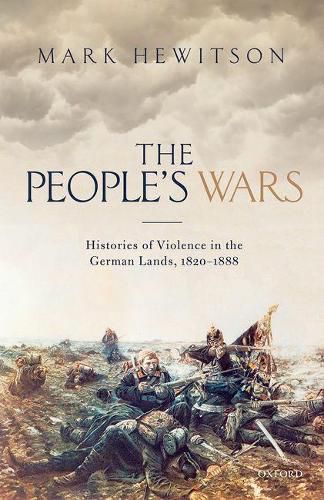How did ministers, journalists, academics, artists, and subjects in the German lands imagine war during the nineteenth century? The Napoleonic Wars had been the bloodiest in Europe’s history, directly affecting millions of Germans, yet their long-term consequences on individuals and on ‘politics’ are still poorly understood. This study makes sense of contemporaries’ memories and histories of the Revolutionary and Napoleonic campaigns within a much wider context of press reportage of wars elsewhere in Europe and overseas, debates about military service and the reform of Germany’s armies, revolution and counter-revolution, and individuals’ experiences of violence and death in their everyday lives. For the majority of the populations of the German states, wars during an era of conscription were not merely a matter of history and memory; rather, they concerned subjects’ hopes, fears, and expectations of the future.This is the second volume of Mark Hewitson’s study of the violence of war in the German lands during the nineteenth and twentieth centuries. It investigates the complex relationship between military conflicts and the violent acts of individual soldiers. In particular, it considers the contradictory impact of ‘pacification’ in civilian life and exposure to increasingly destructive technologies of killing during war-time. This contradiction reached its nineteenth-century apogee during the ‘wars of unification’, leaving an ambiguous imprint on post-war discussions of military conflict.





